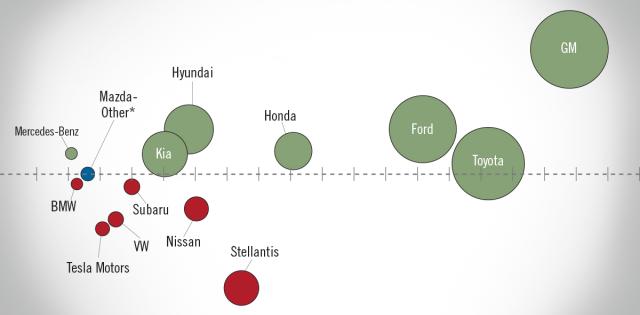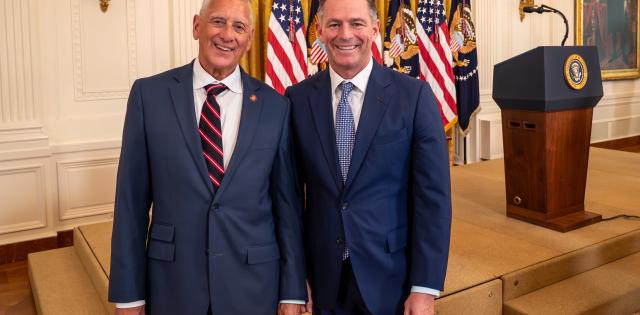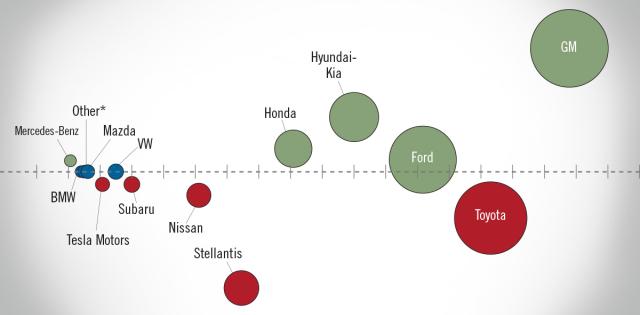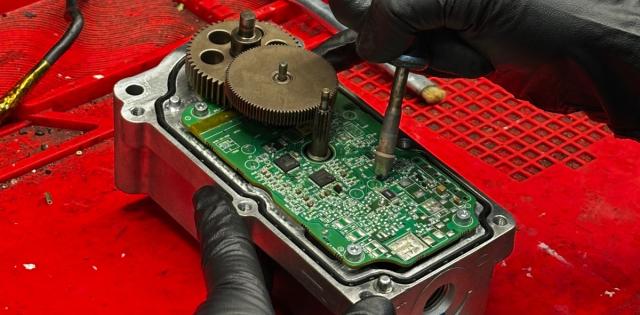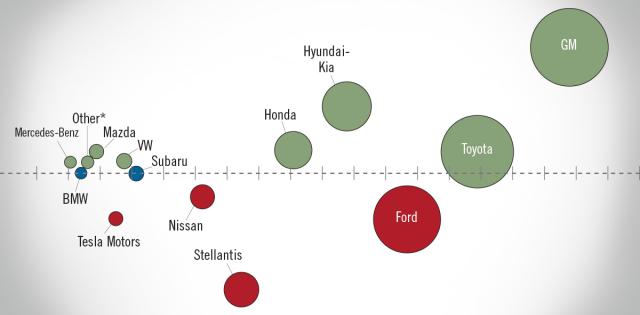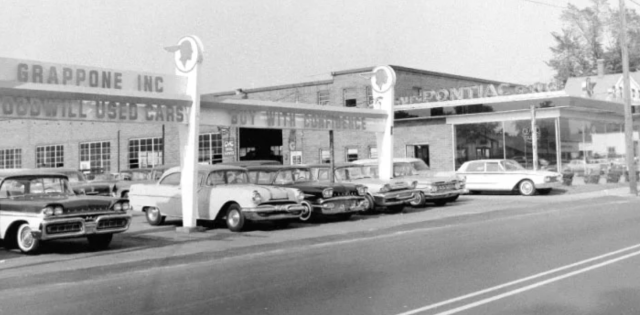The article below is sourced from Bloomberg Wire Service. The views and opinions expressed in this story are those of the Bloomberg Wire Service and do not necessarily reflect the official policy or position of NADA.
The US auto market defied expectations for a slowdown by eking out another quarter of sales growth. But the high cost of financing drove Americans to opt for more affordable models. Budget sedans and compact SUVs from Toyota Motor Corp. and Honda Motor Co. made eye-popping share gains in the first quarter, according to researcher Edmunds.com. Large pickup trucks – one of the industry’s priciest segments – lost ground in January and February, according to researcher GlobalData. Several brands, including Jeep, Tesla and Ford, reduced prices to win back inflation-weary consumers and spur demand in the sluggish electric vehicle market.
“I’m surprised about how resilient the market has been,” said David Oakley, an analyst with GlobalData. “Affordability is a massive issue for the industry, and it will be going forward. But right now it seems they’re weathering the storm, and people are somehow making it work.”
Global automakers, including Toyota and General Motors Co., will offer more insights when they release first-quarter sales results Tuesday, while Ford Motor Co. reports on Wednesday.
The industry’s yearly sales pace, known as the seasonally adjusted annual rate, rose to about 15.8 million in March, up from 14.9 million a year ago, according to the average estimate of eight analysts surveyed by Bloomberg. The 3.8 million vehicles sold in the first quarter mark a 6% increase from a year ago, but a 3.1% drop from the final quarter of 2023, Edmunds said.
The pricing bonanza that juiced automaker profits during the pandemic is fading as production normalizes and the highest interest rates in more than two decades damp demand. Now that inventories are rising, car companies are doling out more incentives and prices are starting to slip.
Consumers seem to be cooling to fully electric vehicles due to a lack of charging infrastructure and high prices. While EV sales rose from a year ago, volume in the first quarter likely declined sequentially for the first time since early in the pandemic, according to researcher Cox Automotive. Meanwhile, sales of hybrid vehicles, which offer good fuel economy and sticker prices that are closer to their gas-powered siblings, are growing.
Steve Gates, a dealer who owns ten stores across Kentucky, Tennessee and Indiana, said sales in the first quarter were better than he expected considering affordability is still weighing on shoppers. That’s especially true for hybrids. In a sign of the financial strain on consumers, he can’t acquire enough used cars to meet demand from shoppers who’ve been priced out of new models.
“The demand is still there,” said Gates, who sells several brands, including Toyota, Lexus and Ford. With just the plug-in version of Toyota’s RAV4, “I could make a living if I could just get those things and nothing else.”
Other dealers warned that high borrowing costs have divided the new-car market into haves and have-nots: Affluent shoppers can swallow average financing costs that have risen to 7% while many other potential buyers balk. The average monthly payment on a new car rose to a record $747 in February, up roughly 25% from three years ago, according to Edmunds.com.
The financial pain is especially acute for people who bought new vehicles from 2021 to 2022, when supply-chain snarls and vehicle shortages allowed dealers to charge more than manufacturers’ sticker prices. Many of those buyers are now saddled with underwater car loans as vehicle prices normalize. That’s another potential drag on sales of new models, said Jessica Caldwell, executive director of insights at Edmunds.
The growth of electric cars and unwinding of price gains ignited by low inventory during the pandemic created uncertainty in the market because there isn’t a clear historical precedent for what’s happening, Caldwell said.
“A lot of people just made snap purchase decisions because cars were flying off the lots” during the pandemic, she said. “All of a sudden, you find yourself in an unfavorable financial situation.”
For more stories like this, bookmark www.NADAheadlines.org as a favorite in the browser of your choice and subscribe to our newsletter here:


